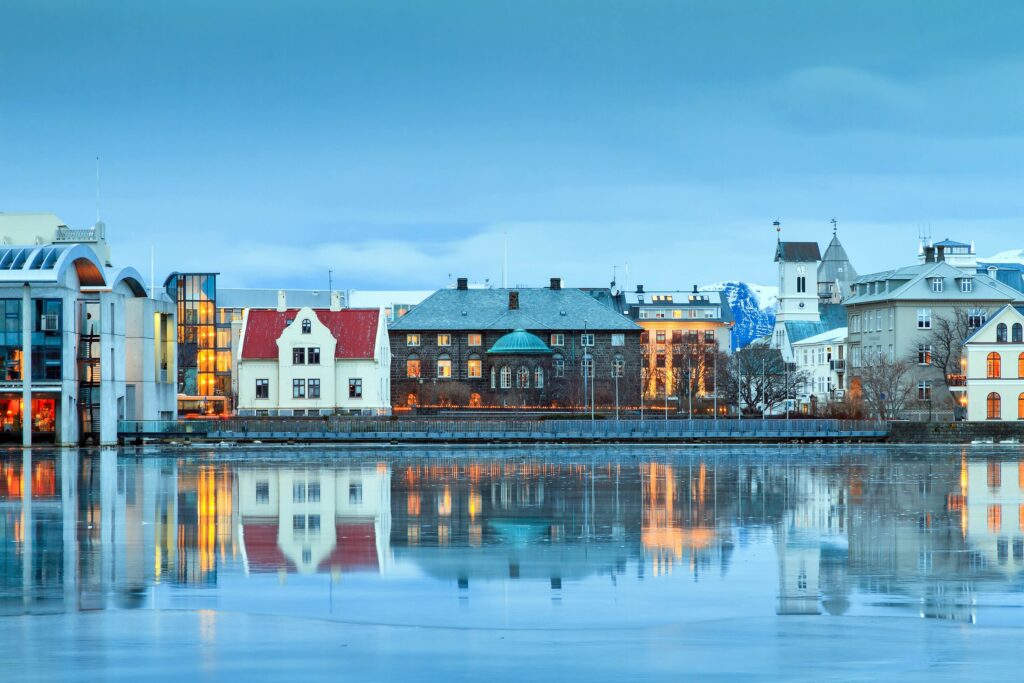Iceland calls snap general election

The Icelandic Government has collapsed and a snap general election has been set for 30 November. The result could make a difference for Iceland’s growing aquaculture sector, with rival parties taking very different stances on its future.
Prime Minister Bjarni Benediktsson surprised everyone at the weekend when he announced the end of the current coalition between his Independence Party and the Progressive and Left Green parties. He plans to stand again for government.
While aquaculture and fishing issues were not behind the move, they are never very far away and look set to be high on the agenda during the election campaign.
Despite being a large contributor to the national economy, a growing body of opinion wants to see an end to open fjord salmon farming around Iceland.
Those opposed to marine fish farming tend to be concentrated around the capital Reykjavik and in one or two other large towns. They have little support in coastal areas, however, where fish farming is helping to transform regional economies.
But one of their allies is the increasingly popular Pirate Party (“Pirata”) which called for such a ban only a few days ago.
All six Pirata members have reintroduced a proposal from last winter to ban fish farming in open sea pens.
Their motion said: “The Alþing [Iceland’s parliament] resolves to instruct the Minister of Food to propose a ban on fish farming in open sea pens during the current review of the law on fish farming.”
The Icelandic Government has also been in the process of drawing up a new national aquaculture policy and strategy, but many of the proposals in that were put on hold recently.
As with so many western democracies, immigration will be among the main issues this time which could be a problem for fish farming companies some of which are partly dependent on immigrant labour.
Icelandic elections rarely produce an outright winner, so another coalition looks fairly certain.

